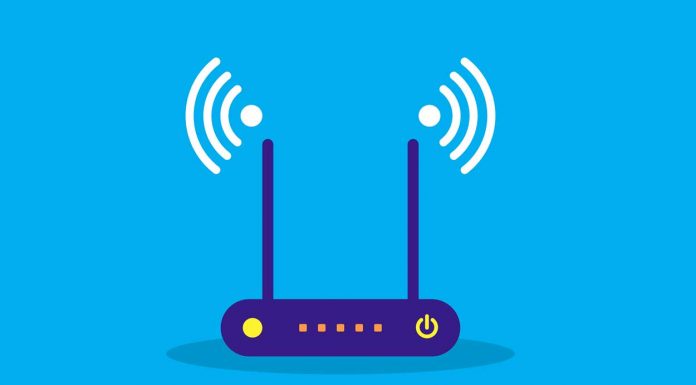In a major step towards making satellite broadband services available in the remotest part of the country at the most affordable price, the telecom regulator has floated a discussion paper, seeking views on ways to make satellite communications available for ordinary consumers in India.
In the latest paper released by the Telecom Regulatory Authority of India (Trai), the regulator has sought views on a slew of issues, including ways to boost mass adoption of satellite broadband services and creating an enabling environment to attract top dollars into the satcoms space.
The regulator has also sought feedback on whether licensed national long distance (NLD) operators can be allowed to offer satellite services to connect the new wave of IoT (or internet of things) devices, and whether only some frequency bands should be available for such satellite-based IoT connectivity.
“The cost of satellite-based services is on the higher side in the country, due to which it has not been widely adopted by end-users,” Trai said in its paper, inviting suggestions on ‘specific measures' that can be taken to make satellite-based services ‘more affordable” in India. Deadlines for comments and counter-comments are April 9 and April 23 respectively.
The latest Trai move comes at a time when Telcom giants and tech companies including Bharti Group-backed OneWeb and Elon Musk's SpaceX Technologies have shown their interest to enter the country's satellite interspace.
Last September, former Trai chief RS Sharma sought relaxation of the current satellite policy regulations in a manner that gradually drives down satellite broadband rates and makes them comparable with today's low mobile broadband tariffs, and also brings down the cost of satellite service access terminals.
According to Sharma, since satcoms are ideally suited to deliver fast broadband services in remote areas as the efficiency of the technology has been repeatedly proven while managing disasters such as earthquakes, tsunamis and floods in remote and inhospitable terrain.
Trai on Friday said that while the most important characteristic to attract investment and new players into the satellite sector, is “ease of doing business,” it's acutely aware of the long delays reported in the procurement of satellite bandwidth through the existing processes, given the involvement of multiple agencies for seeking various clearances and approvals.
It added that things would be more convenient for applicants “if there is single window clearance for all kinds of satellite-based processes,” and suggested that all such processes and permissions ideally be made online, with a minimum physical interface.
Trai has also sought stakeholder views on whether satellite service licensees should be allowed to obtain bandwidth from foreign satellites for providing IoT connectivity.
Further, the regulator while noting that communication satellites use different frequency bands — L-band, S-band, C-band, Ku-band, Ka-band amongst others — has sought suggestions on whether any specific or all bands should be allowed for provisioning satellite-based IoT connectivity.
Incidentally, IoT-based apps delivered via satellite connectivity, typically, provide enterprises with new opportunities to boost operational efficiency, cut costs and also secure goods, personnel and assets.
The regulator has also invited suggestions around framing licensing norms for satellite-based connectivity for low bit-rate applications. The low bit-rate applications are sensor-based apps used in ATMs, traffic management, vehicle tracking and IoT devices amongst others.
In this context, Trai has sought feedback on whether a new licensing regime is required to offer satellite connectivity for low bit-rate apps, or if the existing regulations only need to be amended. In the event, stakeholders push for an all-new licensing regime, the regulator also wants suggestions around associated entry fees, licence fees, bank guarantees, spectrum usage charges and royalty fees.











